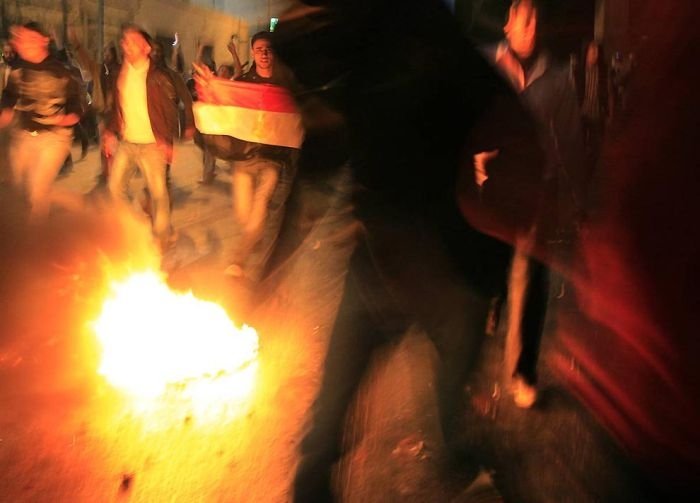|
|
The 2011 Egyptian Protests
|
International response to the protests has generally been supportive with most governments and organizations calling for non-violent responses on both sides and peaceful moves towards reform. The protests have captured worldwide attention due to the increasing integration of Twitter, Facebook, YouTube and other social media platforms that have allowed activists and onlookers to communicate, coordinate, and document the events as they occur. As the level of publicity increased, the Egyptian government stepped up efforts to limit Internet access, especially to social media. The government turned off almost all Internet access and mobile phone service on the eve of major planned protests on Friday, causing a nationwide "blackout". Some limited mobile service was resumed on Saturday, 29 January.
Background
Since the 1981 assassination of President Anwar Sadat, President Hosni Mubarak has headed Egypt's semi-presidential republic government and is the longest serving President in Egypt's history. Mubarak and his National Democratic Party (NDP) government have ruled under a continuous state of emergency with a heavy hand, cracking down on Islamic militants.
|
|









